More Than Cricket: 7 Unsung Sport Heroes of India Who Deserve Their Due
From the man who swam across oceans of five continents in a year to the first captain of the Indian football team, on #NationalSportsDay, we salute 7 forgotten heroes who overcame major hurdles to bring glory to India.
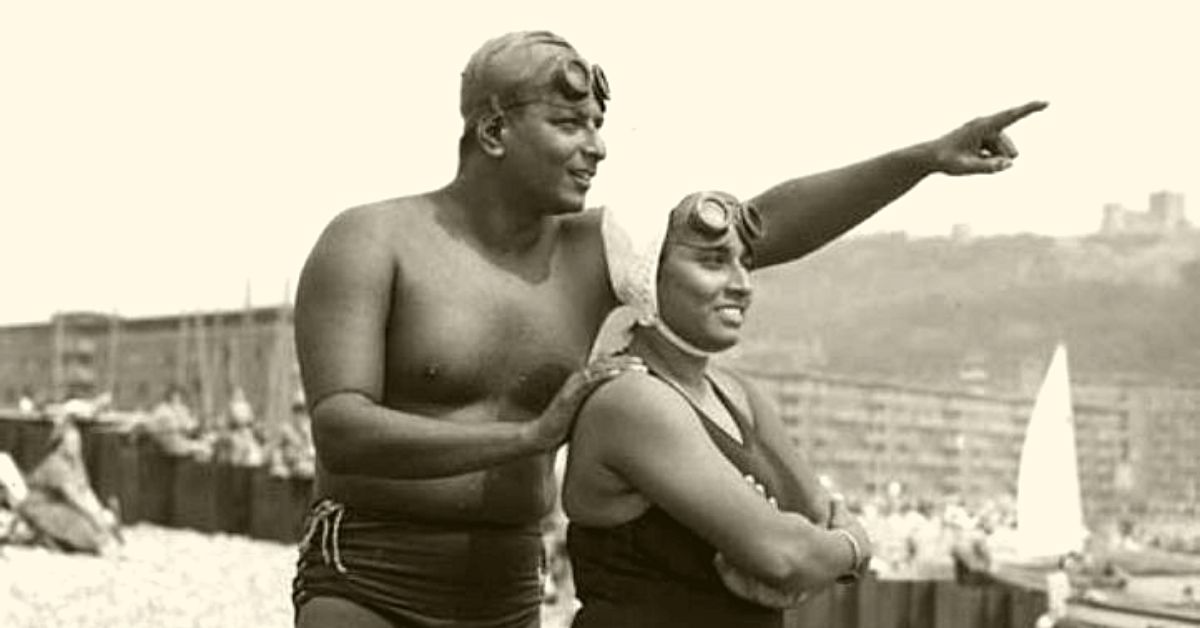
From Dhyan Chand and Kapil Dev to Prakash Padukone, India’s long and distinguished history in sports has seen many legendary figures, who have made the nation proud on the international stage.
However, some of these athletes of yore, who overcame remarkable odds in life, remain largely forgotten.
Here are seven forgotten sports heroes of yore we must remember on National Sports Day.
If you are a diabetic or have severe allergies, it is vital to have your medical details on you at all times. This Smart Medical ID Wristband from MyICEtag helps you with that & more!
1. Mihir Sen
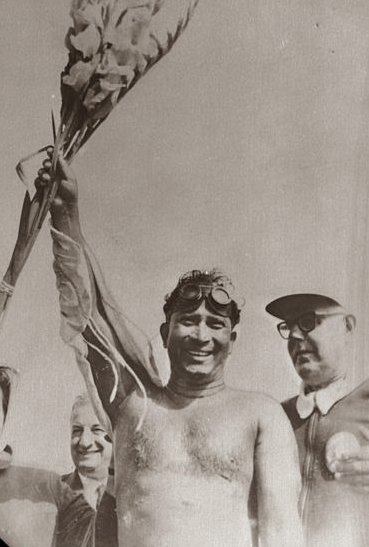
Mihir Sen showed the world that Indians were capable of greatness by becoming the only man to swim across the oceans of five continents in one year.
Born into a family where his mother had to sell chicken eggs and milk to ensure he had a decent education, Sen earned a law degree before going to the United Kingdom for further studies. In the UK, he worked as a night porter at a railway station for some time to support himself.
Inspired by Florence Chadwick, an American, and the first woman to swim across the English Channel in 1950, he successfully swam the same 32 km stretch on 27 September 1958, finishing with a time of 14 hours and 45 minutes.
The following year he was awarded the Padma Shri.
He wanted to swim the oceans of five continents, starting with crossing the Palk Strait between India and Sri Lanka in 25 hours and 26 minutes on April 5-6, 1966. Subsequently, he went onto cross the Straits of Gibraltar (Europe to Africa) in a little over 8 hours on 24 August, the Bosphorus in 4 hours, the Dardanelles Straits (Gallipoli, Europe to Sedulbabir, Asia Minor) in nearly 14 hours and the entire length of the Panama Canal in 34 hours and 15 minutes across almost two days—from 29 to 31 October.
This incredible feat earned Sen a place in the Guinness Book of World Records and the following year, he won the Padma Bhushan award. Unfortunately, he died under difficult circumstances.
2. Khashaba Dadasaheb Jadhav
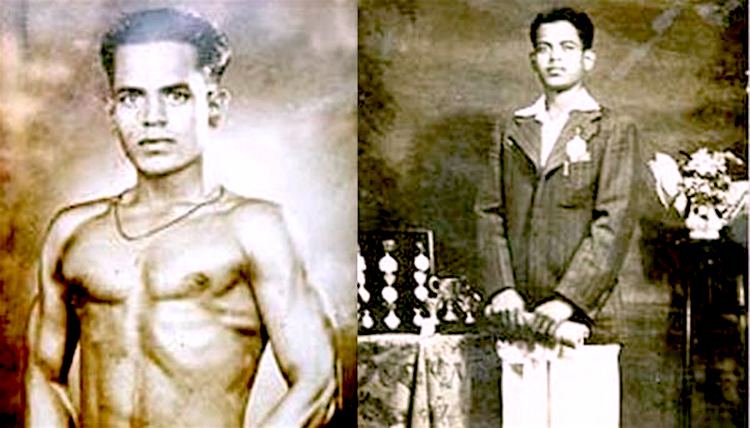
Born and raised in Goleshwar village in Satara district, Jadhav grew up in a wrestling family with his father Dadasaheb Jadhav, a renowned wrestler. Growing up, he participated in the Quit India Movement, offering shelter and hiding places for freedom fighters and circulating letters against the British. With the patronage of the Maharaja of Kolhapur, Jadhav participated in the 1948 London Olympics, where he finished sixth in the flyweight category.
Four years later, however, in the Helsinki Olympics, he won the bronze medal in the Men’s Bantamweight and Freestyle category. Thus, he became Independent India’s first individual Olympic medal winner. Interestingly, it was the general public who funded his trip to Helsinki and paid for his wrestling kit.
Following his retirement from the sport, he joined the local police force. But after retiring from government service, he had to battle for his pension, was neglected by the sports federation, and ultimately died in poverty.
3. Jaipal Singh Munda
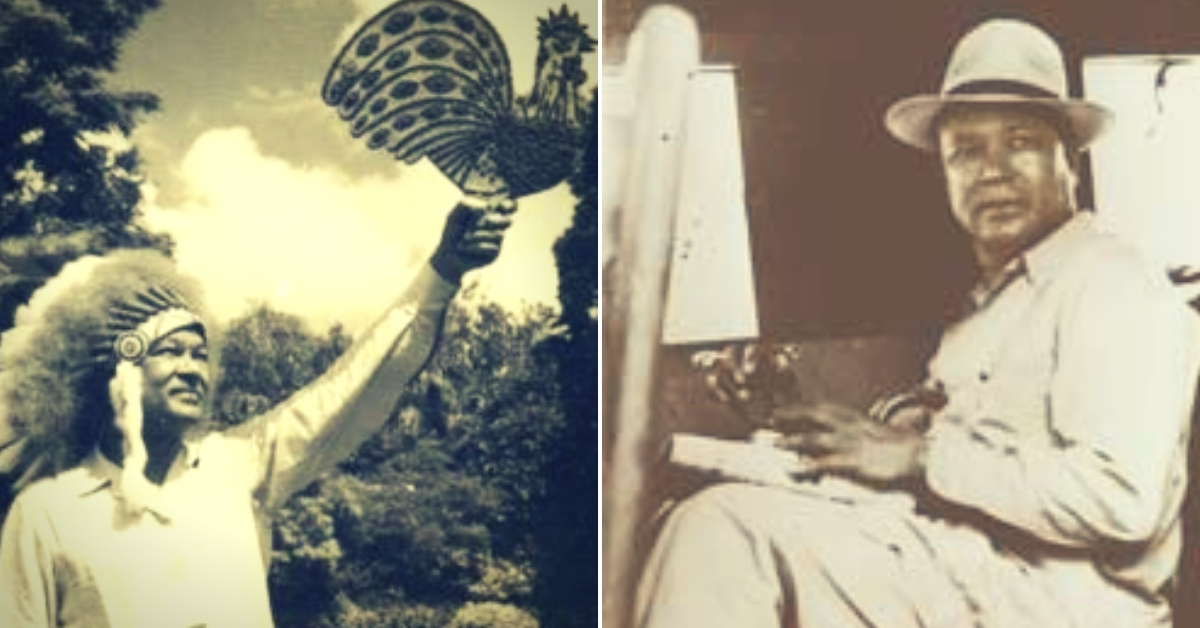
Jaipal Singh Munda was a truly enigmatic figure. He was captain of the first Indian team to win the hockey gold in the 1928 Olympics, member of the Constituent Assembly responsible for framing the Indian Constitution and a life-long activist for tribal rights.
Like many Adivasi families of the day, Jaipal’s parents were simple farmers. It was when he was undergoing training as a probationer for the ICS that Jaipal received a call for the Indian hockey team. Initially, he sought a short leave of absence so that he could play in Amsterdam. Between representing the Indian hockey team and ICS, Munda went with his heart and chose the former, forgoing a career in the civil services.
The Indian team blazed through the tournament with the world getting their first sight of the legendary Dhyan Chand. Unfortunately, the selection of Jaipal, an Adivasi, had created discontent among the many Anglo-Indian players and team management and the issue came to a head just days before the final. After a row with the team management, Jaipal decided not to play the final match against Holland. Fortunately, it had no repercussions on the team as they went onto win the match, and subsequently the Olympic gold medal.
4. Dr Talimeren Ao
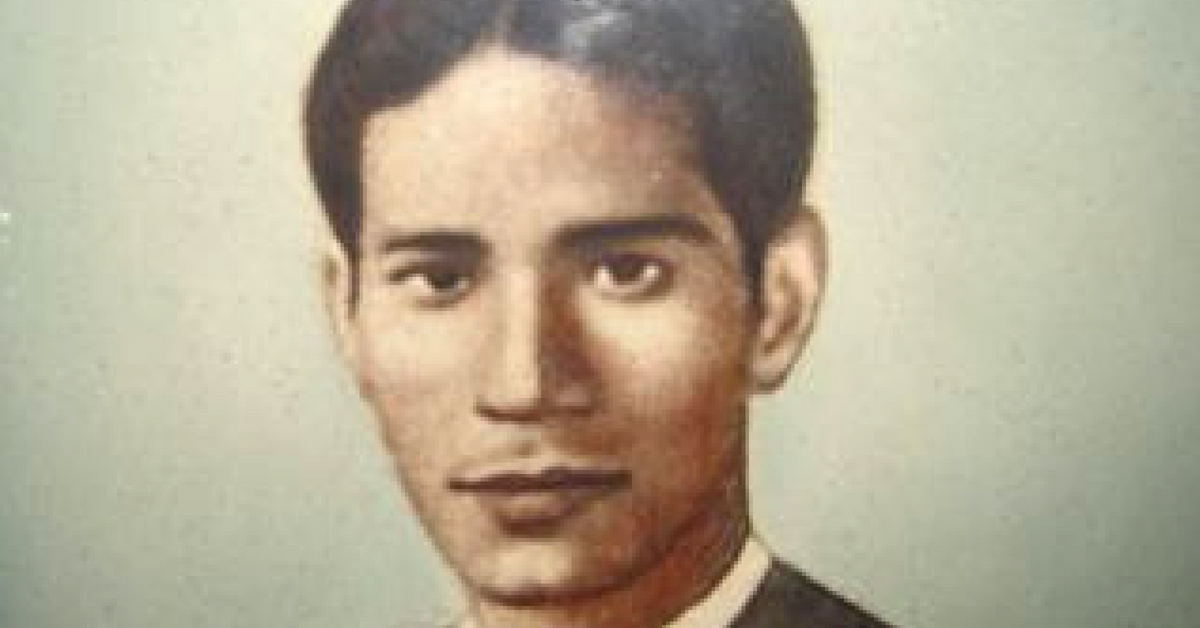
Dr Talimeren Ao was the first captain of the Indian football team. Fondly remembered as T Ao, or Tay Ao, or Dr Tay, the Nagaland native has a remarkable story.
The captain of Mohun Bagan and Team India, T Ao was the flag-bearer of the Indian Olympic contingent at the 1948 London Games. Standing at 5 ft 10 inches, Dr Ao was a dominating midfielder and defender for nine seasons at Mohun Bagan, from 1943 to 1952, playing alongside legends like Sailen Manna and Taj Mohammed at the London Olympics. In 1948, T Ao, was the captain of the Indian football team, while also pursuing his studies simultaneously at the Carmichael Medical College in Kolkata. Following the Olympics, English giants Arsenal reportedly offered him a contract, but he chose to return home.
A few years after he graduated, he quit the game and joined the ENT department at the Dibrugarh Medical College, Assam. He returned to Nagaland in 1953, rose through the ranks and retired as the Director of Health Services in Nagaland in 1978.
5. Mohammed Salim
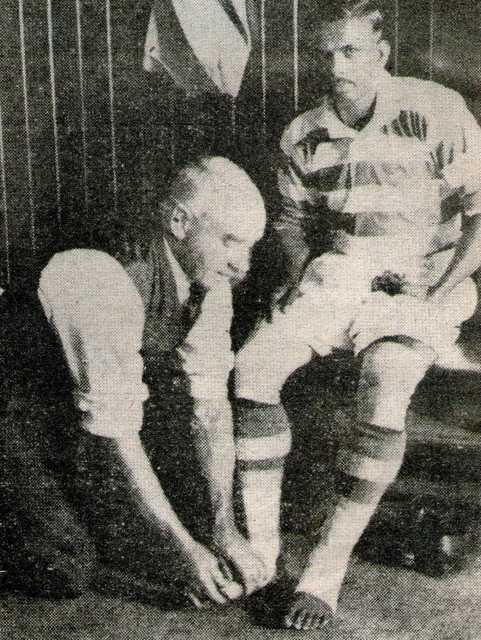
Mohammed Salim was among the first Indian footballers to capture the imagination of Europe. Born in 1904, this football genius from Calcutta grew up amid the freedom struggle.
A star in the legendary Mohammedan Sporting Club side of the 1930s, he played a few friendly matches in China before sailing for the United Kingdom. At the home of Celtic FC, a legendary Scottish club and an institution of European football, Salim went on trial in front of 1,000 club members and dazzled them with his skills.
Before the trial, Celtic manager Willie Maley had laughed off the idea of an amateur from India playing for a recognised Scottish professional club, barefoot.
Instead, they were so impressed with his ability that they played him two matches, where he led them to two thumping victories. Unfortunately, Salim began to feel homesick and decided to leave the club and come back to Calcutta, refusing to sign the professional contract on offer.
6. Arati Saha
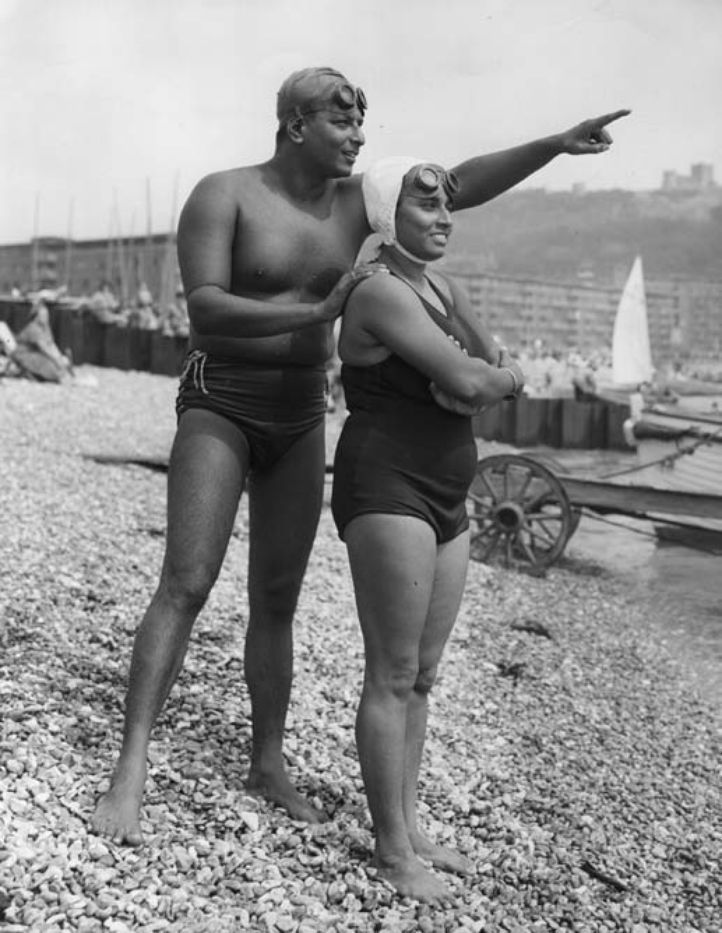
Born on 24 September 1940, into a middle-class Bengali family in Calcutta (now Kolkata), Arati showed a natural talent for swimming from a young age.
She went on to create an all-India record in the 100m breaststroke and also participated in the Helsinki Olympics.
In 1959, just five days past her 19th birthday, Arati Saha made history by becoming the first and fastest Asian woman to successfully swim across the English Channel in 16 hours 20 minutes.
Next year, she became the first Indian female sportsperson to be awarded the Padma Shri, India’s fourth-highest civilian award, in recognition of her relentless determination, indomitable spirit and outstanding courage. Mind you; this was a time when women weren’t afforded the freedom to pursue their passions, which in Arati’s case was swimming.
7. Murlikant Petkar
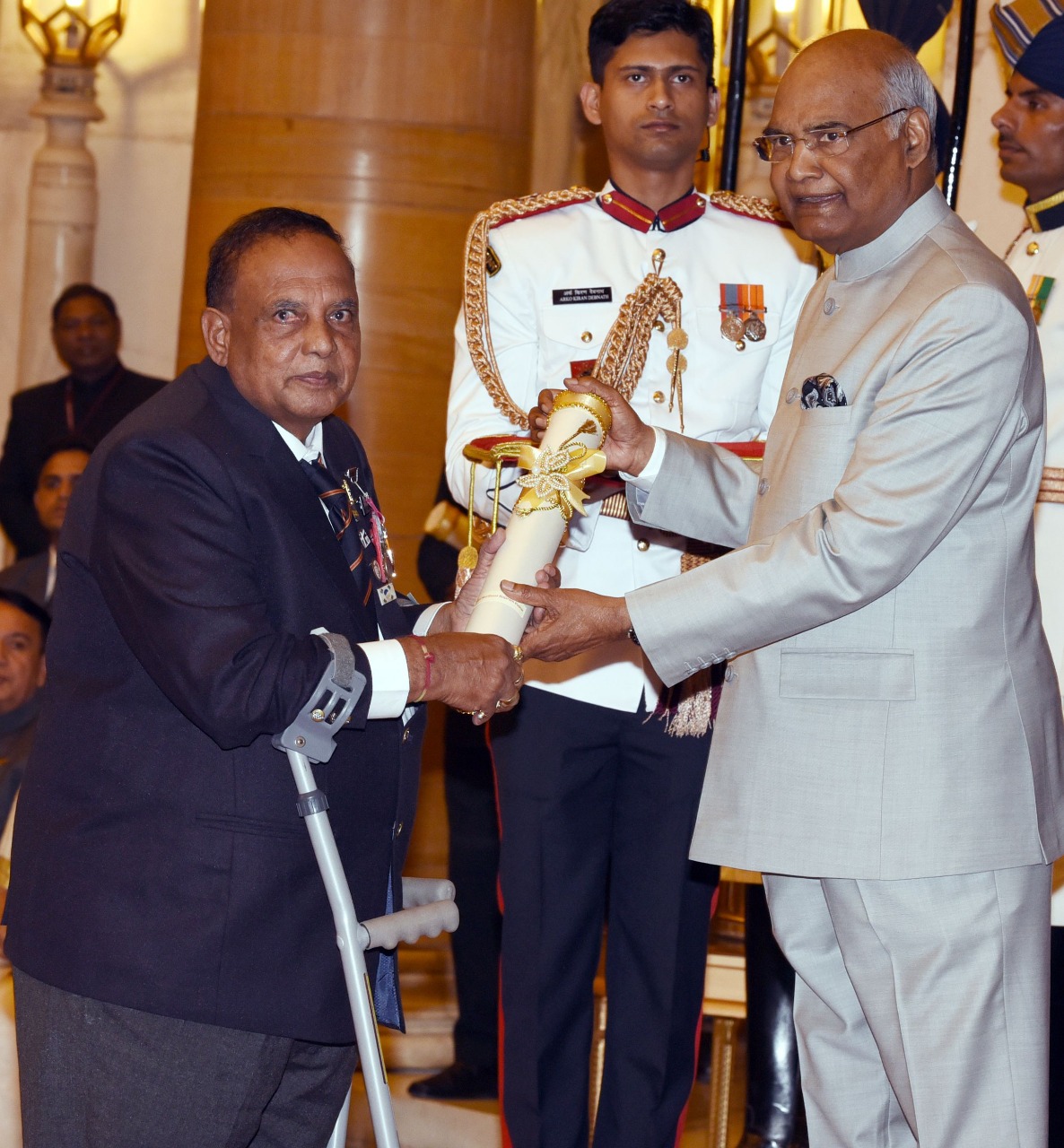
How many of you have heard of Murlikant Petkar, the first Indian to win an individual gold medal in either Paralympics or Olympics? Not many, I suppose.
Petkar won the 50 m freestyle swimming event at the 1972 Summer Paralympics in Heidelberg, Germany, setting a world record at the time of 37.33 seconds. He also participated in other events like javelin, reaching the final round.
A soldier in the Electronics and Mechanical Engineering unit of the Indian Army, Petkar was a boxer before suffering permanent disabilities after sustaining severe bullet wounds during combat in the 1965 war against Pakistan. Last year, he was awarded the Padma Shri for his efforts.
(Edited by Gayatri Mishra)
Like this story? Or have something to share? Write to us: [email protected], or connect with us on Facebook and Twitter.

Similar Story
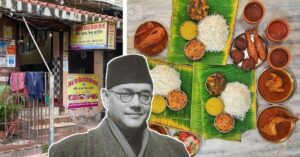
Netaji Bose’s Favourite Eatery Has Been Serving Traditional Delicacies for Over 100 Years
The Swadhin Bharat Hindu Hotel in Kolkata, started by Mangobindo Panda, is a century-old pice hotel where Indian freedom fighters like Netaji Subhas Chandra Bose would enjoy Bengali delicacies.
Read more >
If you found our stories insightful, informative, or even just enjoyable, we invite you to consider making a voluntary payment to support the work we do at The Better India. Your contribution helps us continue producing quality content that educates, inspires, and drives positive change.
Choose one of the payment options below for your contribution-
By paying for the stories you value, you directly contribute to sustaining our efforts focused on making a difference in the world. Together, let's ensure that impactful stories continue to be told and shared, enriching lives and communities alike.
Thank you for your support. Here are some frequently asked questions you might find helpful to know why you are contributing?


This story made me
-
97
-
121
-
89
-
167












